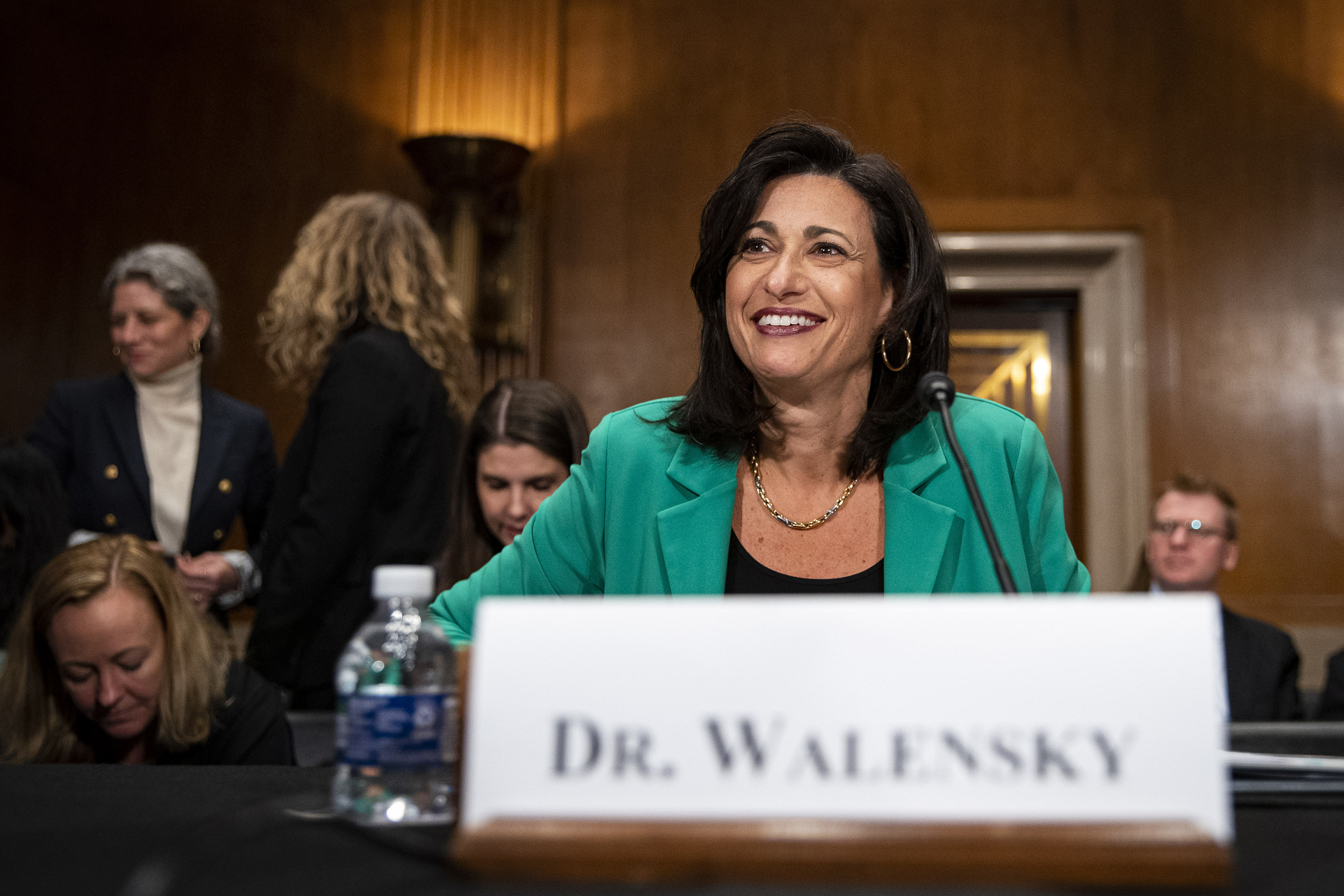This post was originally published on this site

Rochelle Walensky, director of the Centers for Disease Control and Prevention, is stepping down at the end of June after 2½ tumultuous years leading the nation’s primary public health agency — and much of the Biden administration’s effort to combat the covid-19 pandemic.
“I took on this role, at your request, with the goal of leaving behind the dark days of the pandemic and moving CDC — and public health — forward into a much better and more trusted place,” she wrote in her resignation letter to President Joe Biden, which was released Friday.
In a statement from the White House, Biden said Walensky “led a complex organization on the frontlines of a once-in-a-generation pandemic with honesty and integrity.”
Her departure is another mark of the federal government’s official winding down of the covid pandemic response. The nation’s declared public health emergency expires May 11, and on Friday the World Health Organization downgraded the virus from a “global emergency” to a “global health threat.”
White House officials widely expect covid czar Ashish Jha to leave Washington and return to his job in Rhode Island as dean of the Brown University School of Public Health.
Walensky was seen from the start of her tenure as a curious choice to lead the influential agency. An infectious disease specialist who practiced in Boston and taught at Harvard Medical School, she came with little direct experience in public health and none leading a large and labyrinthine organization.
She took over the CDC, which is headquartered in Atlanta, at one of the most difficult times in the agency’s history. Once among the most trusted agencies in the federal government, the CDC fell on particularly hard times during the Trump administration, when officials intervened in the agency’s pandemic response and prompted accusations that the CDC was putting politics ahead of public health.
The perception inside the agency that its science-based recommendations were being ignored or altered contributed to a staff exodus, particularly from the agency’s senior tier. The departures further undercut Walensky’s ability to turn around the agency’s reputation, as well as to reassure a skeptical public that its recommendations were based on what was best for public health, not politics.
Biden has not yet announced a replacement for Walensky. The head of the CDC is one of the few top jobs in the Department of Health and Human Services that does not require Senate confirmation. That is scheduled to change, but not until 2025. So, Biden’s next choice could take the helm immediately.
This article was produced by KFF Health News, formerly known as Kaiser Health News (KHN), a national newsroom that produces in-depth journalism about health issues and is one of the core operating programs at KFF — the independent source for health policy research, polling, and journalism.